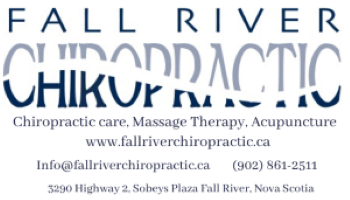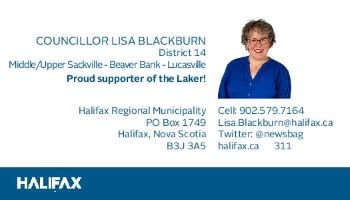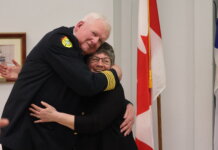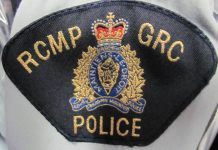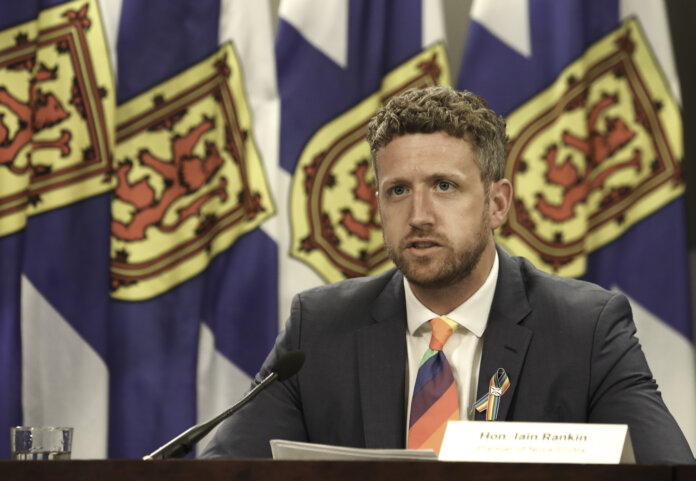
HALIFAX: The province is beginning it’s third phase of its five phase reopening plan today, June 30, which includes the opening of the border to all Canadians.
Premier Iain Rankin and Dr. Robert Strang, Nova Scotia’s chief medical officer of health, made the official announcement during the COVID19 briefing on June 29.
“We’ve all been looking forward to the day when we can once again welcome all Canadians to visit our beautiful province,” said Premier Rankin. “Thanks to the hard work of Nova Scotians and our robust border and testing strategies, we’re now in a position to do that.
“Families and friends can see each other again, businesses can operate with less restriction and visitors can safely enjoy summer in Nova Scotia while still following public health measures.”
Residents of Atlantic Canada will be able to travel to Nova Scotia without having to self-isolate. If they are already in Nova Scotia, they can stop isolating on June 30.
People from other provinces and territories can come to Nova Scotia for any reason. They need to complete the Nova Scotia Safe Check-in form, upload their proof of vaccination electronically and be prepared to show it if asked by border officials.
The requirement to self-isolate or not is based on their vaccination status:
— two doses of vaccine at least 14 days before arriving in Nova Scotia – people will not have to self-isolate; testing when they arrive is recommended
— one dose of vaccine at least 14 days before arrival and those who had a second dose less than 14 days before arrival – people must self-isolate for at least seven days and cannot leave isolation until they get two negative tests results while in Nova Scotia; tests should be on day one or two and on day five or six after arrival
— no vaccine – people who have not had any vaccine and those who had a first dose within 14 days of arrival must isolate for 14 days; testing at the beginning and end of their isolation continues to be recommended
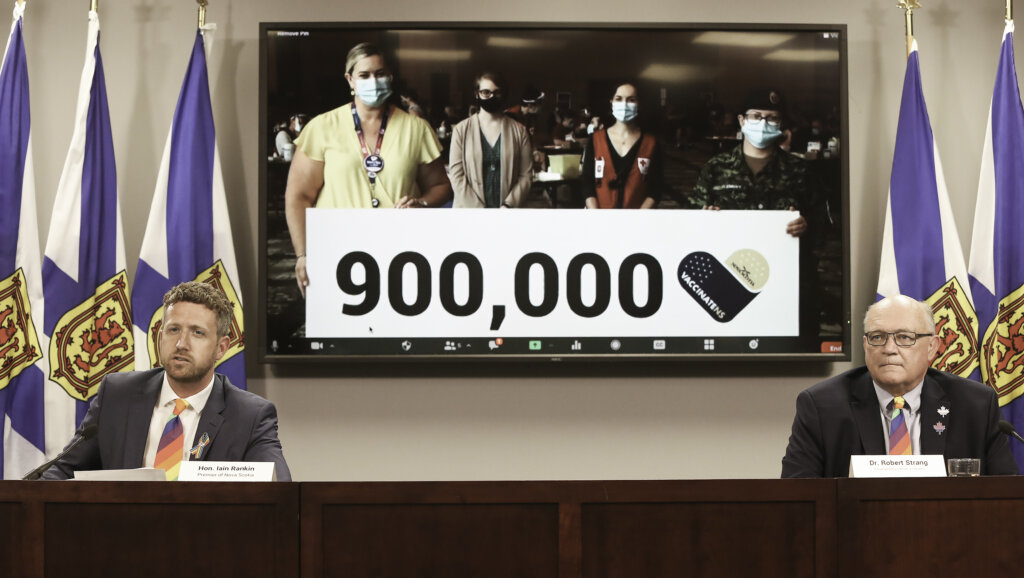
Anyone from outside Atlantic Canada who is already in Nova Scotia and isolating can switch to isolation based on the above vaccination status and testing policy on June 30.
“As we start welcoming people from across the country, we are also now in a position to reopen further within Nova Scotia with larger gathering limits and higher capacity for businesses,” said Dr. Strang. “We still need physical distance and masks in many settings, and everyone should get their first and second doses of vaccine as soon as possible and continue getting tested regularly.”
Each phase of the reopening plan is based on COVID-19 activity, hospitalizations, vaccination rates and continued testing. Heading into Phase 3, 73 per cent of all Nova Scotians have had one or more doses of vaccine, cases are typically in single digits each day and hospitalizations are decreasing. Testing volume is down slightly at an average of more than 5,300 per day and there is capacity to increase if needed.
Effective 8 a.m., June 30, the following restrictions are being eased provincewide:
Gatherings
— informal gatherings can include a household plus 10 people indoors, or 25 people total outdoors without physical distance
— faith gatherings, weddings, funerals and associated receptions and visitation hosted by a recognized business or organization can have 50 per cent capacity to a maximum of 100 people indoors or 150 people outdoors
Business
— restaurants and licensed establishments continue to operate with existing mask and distancing rules; customers can go to the bar to order; establishments must stop service by midnight and close by 1 a.m.; they can have performers following the limit for arts and culture performances
— all retail stores can operate at 75 per cent capacity
— personal services such as hair salons, barber shops and spas can offer all services by appointment or drop-in, following their sector plan
— meetings and training hosted by a recognized business or organization can have 50 per cent capacity to a maximum of 100 people indoors or 150 people outdoors
— events hosted by a recognized business or organization can have 50 per cent capacity to a maximum of 100 people indoors or 150 people outdoors; organizers need a plan following guidelines for events.
Recreation and sport
— fitness and recreation facilities such as gyms, yoga studios, pools and arenas can operate at 75 per cent capacity with public health measures
— a wide variety of recreation and leisure businesses and organizations, such as dance classes, music lessons, escape rooms and indoor play spaces, can operate at 50 per cent capacity
— organized sports practices, games, league play and recreation programs can involve up to 25 people indoors and 50 people outdoors without physical distancing; there can be no tournaments
— audiences follow the gathering limits for events hosted by a recognized business or organization
— day camps can operate with 20 campers per group plus staff and volunteers, following the day camp guidelines
— overnight summer camps can operate with 15 campers per group plus staff and volunteers, following the overnight camp guidelines
Arts and culture
— professional and amateur arts and culture rehearsals and performances can involve up to 15 people indoors and 25 outdoors without physical distancing
— audiences follow the gathering limits for events hosted by a recognized business or organization
— museums, libraries and the Art Gallery of Nova Scotia can open at 50 per cent capacity
Continuing care
— indoor visits with fully vaccinated residents can resume in designated visitation areas at long-term care facilities
— physical distancing is no longer required for outdoor visits at long-term care facilities
— fully vaccinated residents can go to indoor and outdoor public places like parks, stores and restaurants
People who do not follow the public health measures can be fined. For example, the fine is $2,000 for each person at an illegal gathering.
Additional Resources:
COVID-19 testing appointments: https://covid-self-assessment.novascotia.ca/en
Government of Canada: https://canada.ca/coronavirus
Government of Canada information line 1-833-784-4397 (toll-free)
The Mental Health Provincial Crisis Line is available 24/7 to anyone experiencing a mental health or addictions crisis, or someone concerned about them, by calling 1-888-429-8167 (toll-free)
If you need help with a non-crisis mental health or addiction concern call Community Mental Health and Addictions at 1-855-922-1122 (toll-free) weekdays 8:30 a.m. to 4:30 p.m.
Kids Help Phone is available 24/7 by calling 1-800-668-6868 (toll-free)
For help or information about domestic violence 24/7, call 1-855-225-0220 (toll-free)





